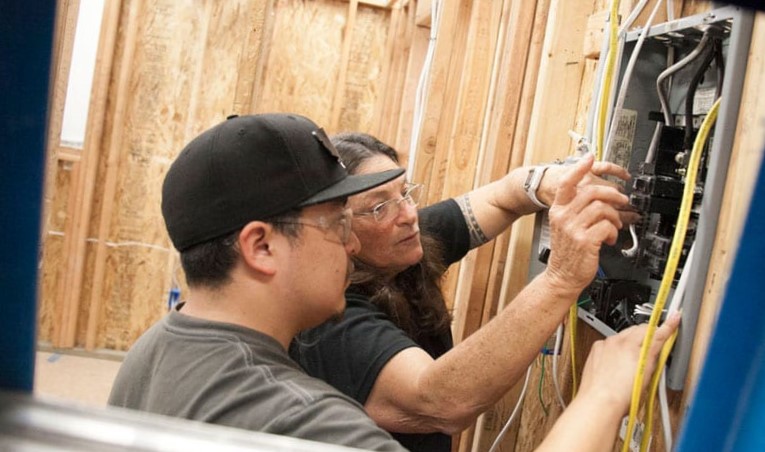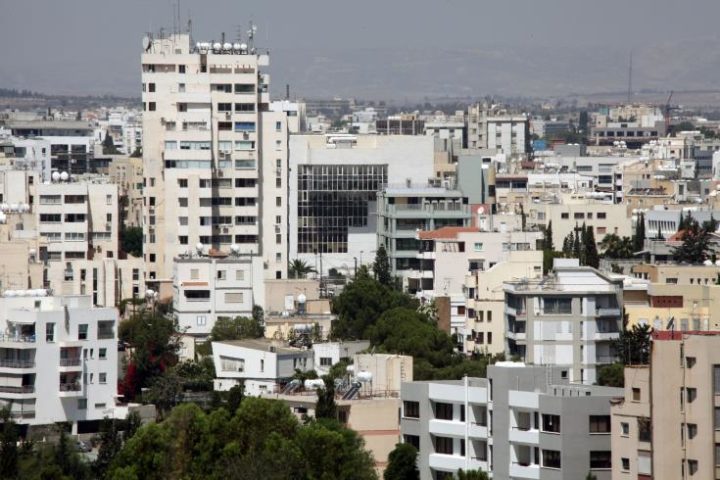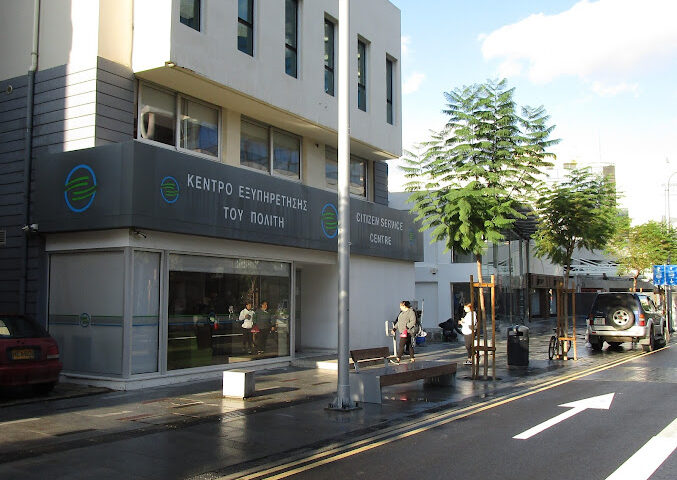I am often asked, will adding quality to a project or property make it more valuable?
This is not an easy question since it depends on what defines ‘quality’ and whether the cost, usually related to the higher quality, is affordable.
- The primary question in terms of quality is location. So, the better the location, availability of public services, the view, and proximity to urban facilities, the better the quality. On a scale of 1-10, I would say that location will secure 3 points.
- The second is design. We see in horror some spacious villas designed primarily for the Russian market, but they do not appeal to others, with the most likely alternative buyers being Arabs. In this context and notwithstanding an otherwise alternative design, which refers mainly to the external appearance, one must also consider the facilities provided – e.g., separate baths for all bedrooms, storage space, covered garage. In this context, I give 2 points.
- The third parameter is the expense of materials. Good quality materials cost more. For example, double and triple glazing imported ready-made kitchens, good quality marble and ceramics, the use of VRV air conditioning (as opposed to ordinary split units), overflow pools, as opposed to the less expensive skimmer type, shutters, smart electricity installations, costly items, which are often taken into account. Nowadays, security also plays an important role, as the installation of a private lift for two floors and over (a major issue for the over 60s). In this context, I give this category 1 point.
- The garden size is another item to remember. Most gardens are not competitive in terms of size, and as a rule, I will suggest for permanent all-year residency, an average garden size of 2-3 times the house, and in terms of holiday homes, about 1½-2 times. In terms of value, I add 1 point.
- The neighbourhood also plays its role, which is especially important, as prices go up and up. So, if a house of good quality is set in a downgraded neighbourhood, it should be discounted on this account alone. On the other hand, if we are to assess an apartment within a block that is not well maintained, the value goes down since there is little demand.
The neighbours also play their role in terms of quality. Noisy neighbours, buy to let neighbours, as opposed to own-home users, even age plays a part. So in terms of the quality of the neighbourhood, I give 1 point.
- Management of projects in comprehensive development projects is also to be considered. Good management and maintenance of the common areas are of paramount importance. What if the house is full of granite, marble, and gold door handles when the project as a whole is run-down, the private roads are unkempt, and the common facilities are out of use? In such cases, you do not stand a good chance of selling the property at a reasonable price: 1 point.
- The facilities provided in a project should also claim a point after the initial “honeymoon” period. The numerous facilities become a nightmare if the residents do not pay their common expenses. We note some new projects with a project spa and extensive facilities, such as an internal pool, which are economically unviable in terms of business value. Still, as an initial stage, they are appealing. These sorts of facilities sell, but if problems follow, then these facilities will become a liability. As an initial attraction, however, I adopt ½ point.
- The developer’s “name” plays its role in small countries like Cyprus. A good reputation which gives reliability and confidence has its merits in terms of attraction, especially when the project has no titles/is under construction: 1 point.
- Maintenance cost should play a role, but it does not get its fair share. Materials, which are used and are free or require little maintenance, should be credited with a point. Usually, maintenance-free materials are more costly. So, the use of ‘spritz’ external wall covering instead of paint, fare faced concrete as opposed to stone cladding, are not taken seriously by the market (as they should be): 1 point.
Developers
So that you do not think that I am exaggerating, two Nicosia developers do not only sell approximately 25% more expensive than the competition but have also run out of properties to sell.
These two are active in the local market, which is far more difficult than the foreign one.
Overall, these two developers, who reflect most of the points referred to before, sell at €3,000/sq.m. (apartments), whereas the competitors sell at €2,500/sq.m. This rate increase is the result of most of the points that I have referred to; it is an example in particular to note and learn.
The points raised in this article differ from town to town and from country to country, and person to person.
Large cities such as London, Paris, and Athens have the location as the main point of sale, whereas others place lesser importance as a percentage of the total points.
In central London, for example, the name of the particular road is “the market”, whereas, in Athens, the neighbourhood is “the most” important and much less the road name or specific location.
Similarly in Athens who the neighbour is, is of crucial importance, e.g., a known celebrity, whereas in the UK this is not so important.
Quality, therefore, has many interpretations, and it depends on the individual to place their own score.
By Antonis Loizou – Property Valuer, Estate Agent & Property Consultant










